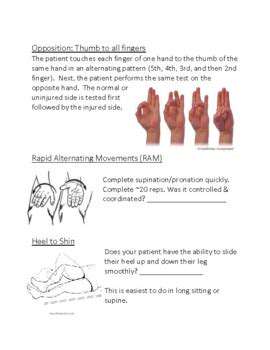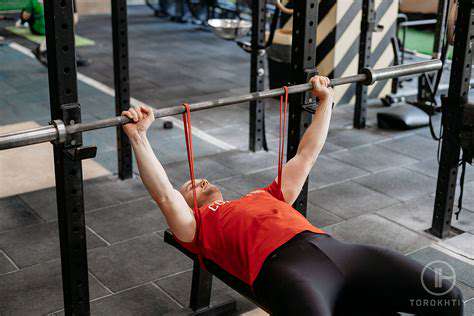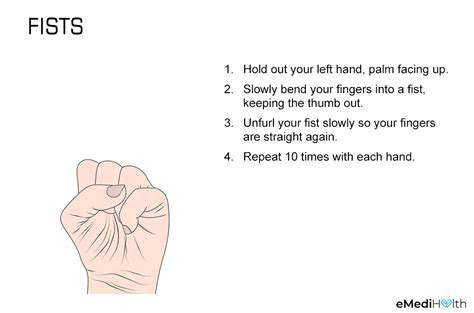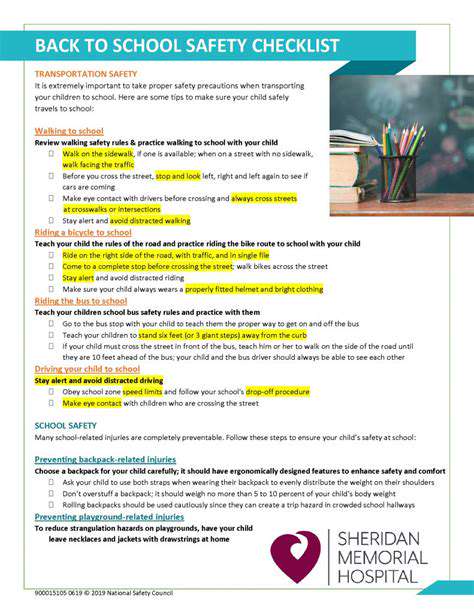Exercises to Improve Finger Coordination

Finger Stretches and Exercises for Flexibility

Finger Stretches for Improved Flexibility
Regular finger stretches are crucial for maintaining hand and finger flexibility. Stiff fingers can lead to discomfort and pain, especially during activities like typing, playing musical instruments, or using tools. These stretches help increase blood flow to the fingers and surrounding muscles, promoting overall mobility and reducing the risk of injury.
Simple stretches, like gently bending each finger back and forth, and then spreading your fingers wide apart, can be incorporated into your daily routine. Hold each stretch for about 15-30 seconds to achieve optimal results. Remember to be gentle and avoid any sudden or forceful movements that could lead to injury.
Exercises to Strengthen Finger Muscles
Strengthening exercises for your fingers are just as important as stretching. Strong fingers provide better control and precision, essential for various tasks. These exercises can improve grip strength and dexterity, helping you perform everyday activities with ease.
Try squeezing a stress ball or a small rubber ball repeatedly. Gradually increase the pressure as your strength improves. You can also use resistance bands to perform finger exercises, like making a fist and then extending your fingers against the resistance.
Finger Exercises for Improved Dexterity
Activities that require fine motor skills, like writing, drawing, or playing musical instruments, rely heavily on finger dexterity. Improving dexterity through targeted exercises can enhance your precision and control.
Practice picking up small objects with your fingers and manipulating them. Try using tweezers or chopsticks to pick up small items. These exercises can enhance your fine motor skills and improve your ability to perform delicate tasks.
Importance of Regular Hand and Finger Care
Taking care of your hands and fingers is vital for overall well-being. Regular hand and finger care can prevent injuries and maintain optimal function for years to come. This includes regular stretching and exercises, and avoiding repetitive motions that could strain your hands and fingers.
Use proper hand tools and techniques when performing tasks that require significant hand use. This minimizes the risk of developing repetitive strain injuries. Applying moisturizer to your hands can keep them soft and supple, preventing dryness and cracking.
Techniques for Preventing Finger Stiffness
Preventing finger stiffness is crucial for maintaining mobility and preventing pain. Maintaining good posture and avoiding prolonged periods of inactivity can significantly contribute to preventing finger stiffness. Regular stretching and exercises can also help to prevent stiffness from developing.
Staying hydrated is important for the overall health of your body including your hands and fingers. Dehydration can lead to stiffness and reduced flexibility. Consider incorporating activities that engage your hands and fingers into your daily routine.
Using Tools and Equipment Correctly
Proper use of tools and equipment is essential for preventing hand and finger injuries. Using tools incorrectly can lead to strain and discomfort. Always ensure that you're using the correct technique when using tools that require significant hand use.
Take breaks when using tools for extended periods, and remember to use appropriate protective gear, like gloves, to protect your hands and fingers from injury. Using tools correctly and taking breaks is crucial for preventing injuries.
Understanding Underlying Medical Conditions
In some cases, finger stiffness or pain may be a symptom of an underlying medical condition. If you experience persistent or worsening pain, consult a healthcare professional. They can diagnose the cause and recommend appropriate treatment.
Certain medical conditions can cause stiffness or pain in the hands and fingers. Early diagnosis and treatment are essential to manage these conditions effectively and prevent further complications.












